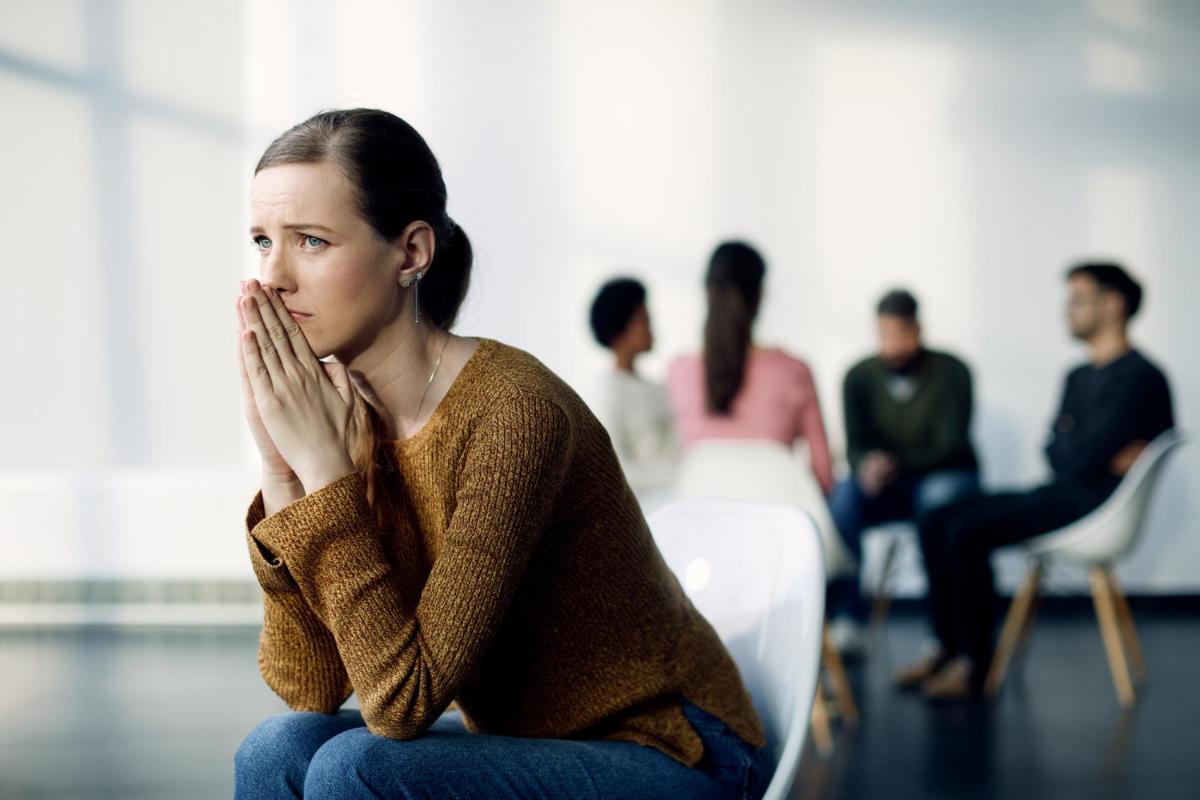
In response to the Coronavirus pandemic, most of us have chosen to, or have been required to bequarantined. Quarantine is vital to ensure the safety of ourselves and our broader communities, but unfortunately it brings with it an inherent socialisolation. Lack of social contact is known to degrade mental health, increasing symptoms of anxiety and depression. In fact, social withdrawal is a well-known symptom of many mental health concerns. Let’s take a closer look at the psychological impacts of quarantineand pandemic stress, including symptoms of depression and anxiety and consider what tools may be helpful during this difficult time.
WHAT CAN I DO TO STAY CONNECTED?
Separation from loved ones and detachment from others is widespread. Although it can be tough, remember that we are still connected in this shared experience. Reach out to others. You can nurture your connections through technology, which totally works! Prioritize calling, facetiming/video chat, or sending messages to the people in your life every single day. Sometimes, it can be overwhelming, and calling on others to connect may feel unnatural due to heightened stress and sadness. Notice if such feeling come up for you, and reach out anyway. Your mental health depends on it.
WHAT IF I START FEELING ANXIOUS OR DEPRESSED?
You may begin to experience symptoms of anxiety and depression related to self-isolation and other aspects of the Coronavirus pandemic. Symptoms may include, insomnia, feeling withdrawn, exhaustion, chronic stress, irritability, anger, poor concentration, indecisiveness, lack of motivation, deteriorating work performance, reluctance to go into public, and fear.
An increase in symptoms of PTSD, an anxiety disorder, has been prevalent in past pandemics, and is likely to rise during the Coronavirus outbreak as well. Hypervigilance is a key indication of PTSD. You may experience hypervigilance of illness, such as coughing, where a single cough can trigger an extreme stress response. Because high stress levels tend to lower immunity, it’s imperative that you take self-care seriously, choosing to engage in your wellness and stress-reducing activities.
WHAT IF PEOPLE TREAT ME DIFFERENT IF THEY THINK I AM SICK?
Furthermore, if you’ve been exposed to the virus or are high risk of contracting COVID-19, stigma may follow you, causing further isolation as those around you may avoid you or even make critical comments. Accurate information is key in reducing stigma. Media is a major culprit in instilling fear and stigma, as they thrive off exaggerated headlines. Limit your consumption of media, and find reliable resources, such as The World Health Organization (WHO) for information.
WHAT ELSE MIGHT I FEEL?
You suddenly are unable to go out into the world and do what you usually do, such as, working, shopping, activities, and gathering together. Anger and frustration are a normal response to such a loss of freedom. Along with this loss of freedom, comes a lack of routine. Day-to-day, for most of us, just isn’t the same, yet humans thrive on basic routine. Ourcircadian rhythm is thrown off by sporadic sleeping and eating patterns, leading to mood disturbances andincreasing feelings of anxiety and depression. Wake up and go to bed around the same time each day, and eat around the same times each day to reduce the potential of low mood. Be sure to get outside in the sun and move your body, as well.
WHAT DOES ALL THUS MEAN?
What negative symptoms can we look out for in the long-term, after this pandemic has passed? Long term effects of similar viruses like SARS, included increases in alcohol dependence, avoiding people who are sick even after the outbreak has ended, continued vigilant handwashing, constant worry about lack of basic supplies, and avoiding crowded places and public spaces following the quarantine period. To deal with these continued depression and anxiety symptoms, we need to recognize them, communicate what we need, reach out for help and connection, and stay informed by legitimate resources. As always, don’t hesitate to reach out for help using tele-therapy or phone sessions to a mental health professional, such as the counselors standing by at Orlando Thrive Therapy. Call 407-592-8997 for a free 15 minute consult.
